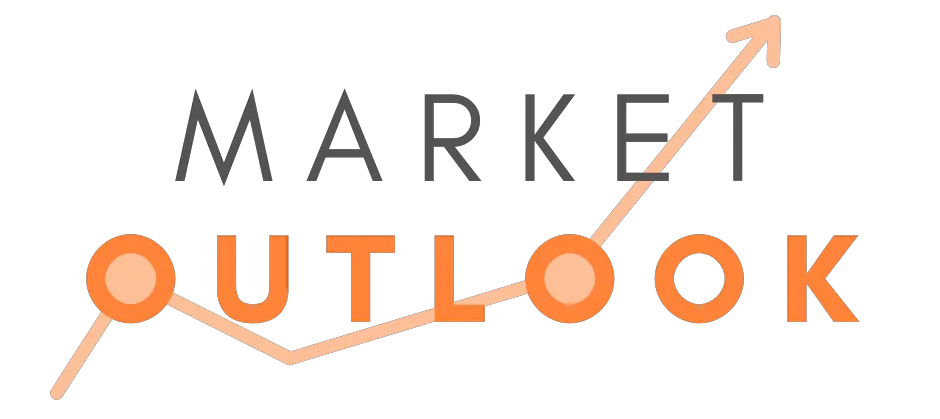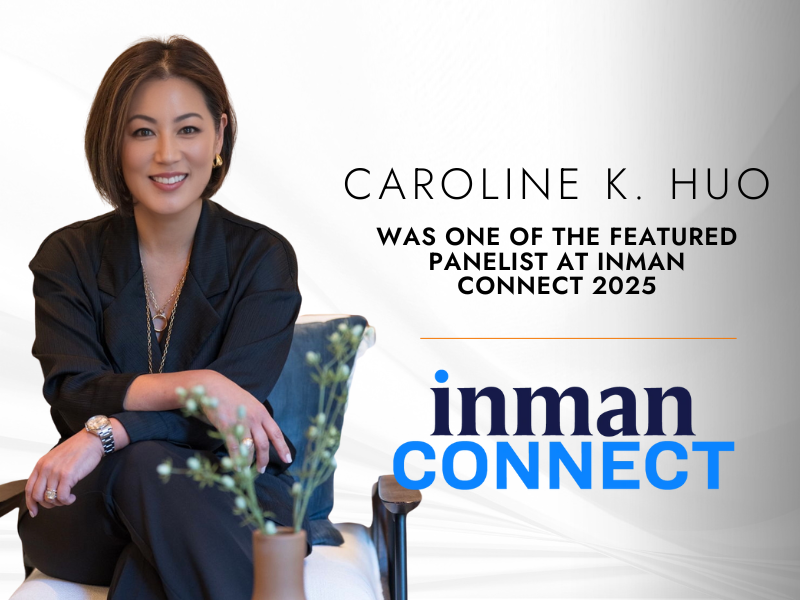Real Estate Investing with Anne Kennedy
Do you have questions about investing in Real Estate?
Last November 9, 2021, we sat down with seasoned investor Anne Kennedy together with Caroline for a virtual Q&A about Real Estate Investing and she was able to answer top most asked questions.
When did you first invest in real estate?
In 2004, Gary Keller introduced the "Millionaire Real Estate Investor" that he, Dave Jenks, and Jay Papasan wrote. I sat in the audience and thought, "I can learn how to do this." So I bought the book and my husband and I read it, then we bought our first $200,000 investment property three months later. That house is now worth $1,100,000 and the rent has risen from $1450 to $3800 per month.
What is the minimum amount I need to invest?
It depends on if you're investing by yourself, or with other people. If you're investing on your own, there are other factors. The long story short is it depends on the purpose. For an owner-occupied property, you can put as little as 3.5% down (or lower if you're a veteran). For strictly an investment property, typically the minimum downpayment is 25%. In CA, this doesn't go very far, but in other states, you can get entire houses for the down payment you’d need here. Combine that with historically low-interest rates and you can buy something in many areas that would immediately have positive cash flow!
What money should I have on hand?
You need at least 4 months of reserves in the bank. Things happen that you can't imagine, like pandemics, that drastically alter cash flow and you might need to carry the property for a while. And depending on the age and condition of the property, you might need to make initial repairs or improvements.
Why would I choose to invest in real estate versus the stock market?
With real estate, you can buy it leveraged. With stocks, if they cost $100, you pay $100. With real estate, you don't have to pay the entire amount upfront, you only need the down payment. The other thing to consider is that real estate investing isn't a short-term game. In most cases, you need to hold the property for at least 5 years to gain substantial net profit.
If I can't afford to invest in the Bay Area, where?
Look at cities that have strong job growth, a diversified economy (not an area that relies on one industry), good affordability, and manageable property taxes. For example, Texas is attractive because of a booming economy and strong value appreciation, but has really high property taxes that get reassessed and increased every year!
What are the considerations for becoming an out-of-state landlord?
Cons: unless it’s somewhere you’ve lived before, you’re relying on others for an understanding of the area and specific neighborhoods. It's also more difficult and costly to visit the property, so you're usually forced into using a property manager. You have to factor that expense into your investment pro forma. Pros: If you're forced to use a property manager, you're forced into a passive investment which means it’s not sucking up your time and attention. Buying in different areas/states also diversifies your risk.
Once I decide where I'm buying, how do I find the right property?
Finding an agent who specializes in working with investors and is an investor themselves is key because they have everything you need. This agent knows rent rates and has connections for property maintenance. They also know what neighborhoods are up-and-coming, and local economic news like company openings or closures. Ask smart questions like how many investment properties they own, what are rent rate trends, typical property management fees, area price appreciation, or just what the local economy is like. These are big picture questions that if they work with investors and they're a knowledgeable agent, they’ll be able to answer.
In this low inventory market, how can you find inventory or good investment deals?
If you know the area you want to buy in, just go out for a stroll and knock on doors. This is really advantageous if you're not a licensed realtor because it's not a solicitation, it's just a quick conversation. All you need to do is ask if they know anyone who wants to sell, and follow those leads!
Aside from a good agent, who else you do need in your corner?
An amazing lender, and a good tax accountant. Picking the right lender can be more beneficial than you might think. They’re your advisor and with full knowledge of your goals can provide the best product to serve you and meet your goals. A good tax accountant who works with a lot of real estate investors will also know how to help you structure your investment and minimize tax liabilities. If you're going to do partnerships, you also need a good real estate attorney to draw up partnership documents for you.
What are good resources for learning about investing in real estate?
Read the Millionaire Real Estate Investor, it's probably the best book written on this. Also, talk to people who are successful real estate investors and find out how they got started.
FOR NEWS INQUIRIES
Kyle Henry
Director of Marketing
Kyle.H@CarolineHuo.com
650.727.1308
Share & Stay in the Know











